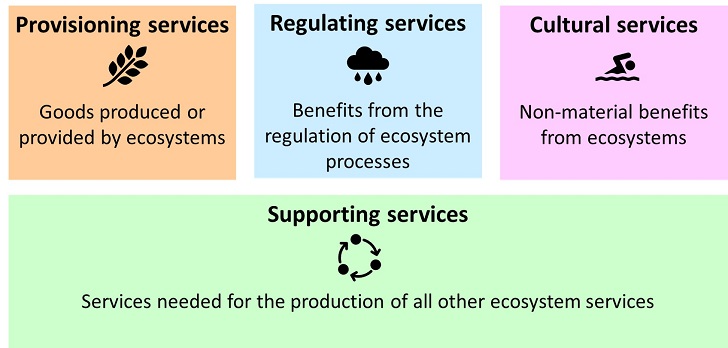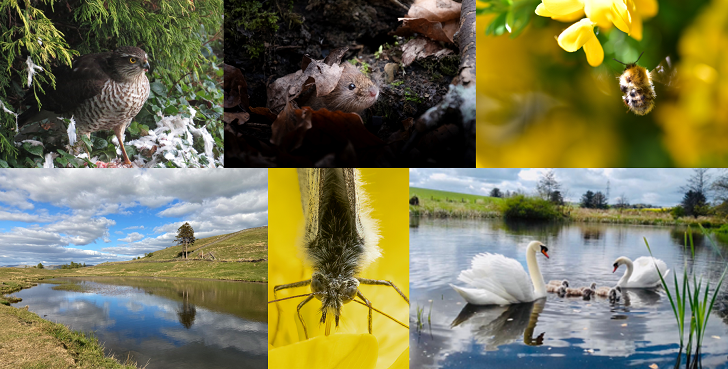In support of this year's World Environment Day we will be highlighting the essential role that nature and biodiversity play in supporting life on Earth and sustainable human development, as well as the importance of nature for supporting mental health and wellbeing.
We are currently in the midst of a biodiversity crisis. Populations of the UK’s priority species, such as hedgehogs, water voles and wild cats, have declined on average by 60% in just 50 years. Data from the State of Nature 2019 report and the Joint Nature Conservation Committee (JNCC) 6th National Report to the Convention on Biological Diversity (CBD) indicates that the fast-approaching deadline to meet the CBD Aichi targets will not be met, with 14 of the 19 targets assessed showing insufficient progress.
One of the CBD Aichi targets requires the UK government to make the public aware of the value of biodiversity, however, the JNCC found that “more than half of the UK public report no awareness of the threats to biodiversity...and there has been no significant increase since 2009”.
That’s why, this World Environment Day, we will be sharing some key statistics on the value of biodiversity, resources to learn more and ways to get involved and play your part in making it time for nature.
Ecosystem Services
Conserving biodiversity ensures that future generations can enjoy our natural world and benefit from all that a healthy ecosystem provides.
Ecosystem services are the benefits derived from ecosystems. The different categories of ecosystem services are shown in the diagram below:

Image credit: Ethny Childs, February 2020
Each year services provided by biodiversity are estimated at a value of more than one and a half times the size of the global GDP (US $125-140 trillion).
Here are just a few ways that biodiversity contributes to human wellbeing:
- 75% of main food crops rely on animal pollination for yield and/or quantity
- Each year, seafood provides the primary protein source for 3 billion people
- 70% of cancer drugs that are natural or synthetic products were inspired by nature
- Marine plants produce more than half of our atmosphere's oxygen, in turn removing carbon dioxide form the atmosphere
- In 2018, wildlife tourism directly contributed $120 billion to economies
Despite the far-reaching consequences of biodiversity loss on human development and wellbeing, ecosystem degradation continues at unprecedented rates. The value of ecosystem services remains underestimated and not fully recognised throughout policy and decision making.
Intrinsic value of nature
Aside from the economic and material services provided by biodiversity, nature also provides people with a raft of non-material benefits, supporting people’s mental health and wellbeing. This has been especially pertinent during lockdown, with many people reporting that they have become more aware of local nature and spent more quality time in their gardens and local green spaces.
Indulge in some of the submissions to our Nature During Lockdown photography competition, highlighting the beauty of UK biodiversity.

Image credit (clockwise from top left): Jimi Irwin, Jack Hague, Sara Williams, Ali Sinclair, Jamie Wood and Ciara Shannon.



